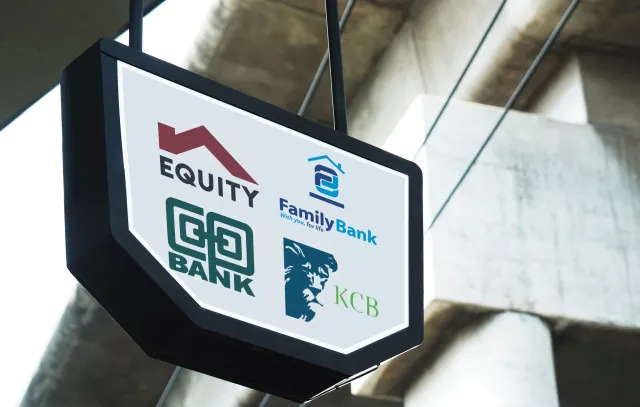Kenya has been designated as a hub for money laundering in a recent development, a status likely to impact the credit ratings of local banks, according to Moody’s, a leading global rating agency. This designation is expected to result in delays in transaction settlements and the potential loss of relationships with foreign banks.
The Financial Action Task Force (FATF) has placed Kenya on its grey list due to non-compliance with 11 out of 40 recommendations concerning anti-money laundering and combating the financing of terrorism (AML/CFT).
Of these recommendations, Kenya is found to be largely or fully compliant with only three. The surge in technological adoption within the banking sector has been identified as a contributing factor to regulatory gaps, thus intensifying scrutiny.
The grey list status presents formidable challenges for Kenyan banks, including heightened compliance costs and the risk of transactional delays. Furthermore, there is a looming threat of correspondent relationships being severed, a particularly concerning prospect given Kenya’s high dollarization rate.
Institutions such as KCB Bank Kenya, Equity Bank (Kenya) Limited, and Co-operative Bank of Kenya Limited may encounter more rigorous evaluations from correspondent banks.
This is not the first instance of Kenya being placed on the grey list; a similar occurrence transpired in 2010 due to delayed anti-money laundering legislation. However, Kenya was successfully removed from the list in 2014 following the enactment of pertinent laws and the establishment of the Financial Reporting Centre in 2012.
Moody’s foresees that the current listing will catalyze efforts to rectify financial system weaknesses accumulated over the past decade, potentially mitigating the impact on correspondent relationships.
The government, as articulated by the Treasury, has affirmed its commitment to promptly and comprehensively executing the FATF Action Plan, with adequate resource allocation earmarked for compliance.
Typically, this process necessitates approximately two years to exit the grey list. Recent actions by the Central Bank of Kenya to bolster penalties for Banking Act infractions, coupled with support from the International Monetary Fund and World Bank, are poised to address deficiencies identified by the FATF.
Kenya’s strategic objectives include bolstering regulatory frameworks, enhancing AML/CFT supervision through a risk-based approach, and intensifying investigations and prosecutions for regulatory breaches ahead of the next assessment.
Additionally, plans entail the establishment of an authority tasked with information collection and ensuring compliance with updated regulations preceding the subsequent FATF evaluation. These initiatives are deemed imperative for Kenya to regain compliance and uphold stability within its financial sector.

















